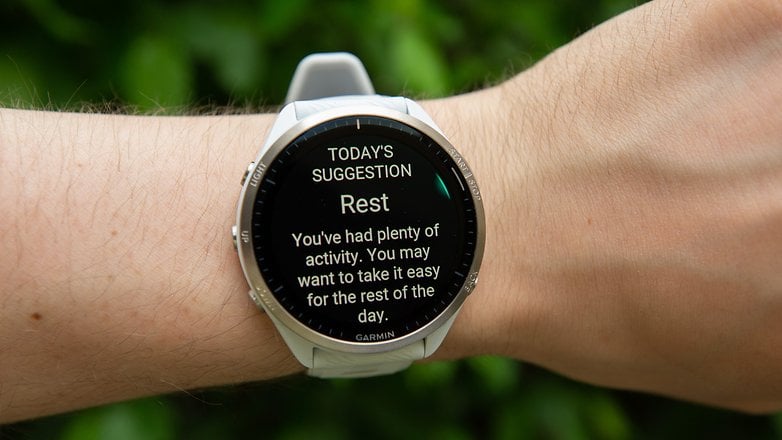
Smartwatches and health trackers have come a great distance, providing extra complete well being and health monitoring capabilities than ever. As these gadgets proceed to enhance, has recorded information utilizing these gadgets grow to be extra dependable? A brand new research suggests you should not belief all of the metrics your smartwatch or health tracker data.
Revealed in Sports activities Medication, a latest system overview revealed the state of smartwatches and health trackers right now concerning their reliability and potential limitations by way of monitoring important metrics, starting from coronary heart price and SpO2 to cardio capability and sleep.
Researchers carried out an umbrella overview, which compiled a number of findings right into a single research that concerned over 430,465 contributors. The gathered information yielded stunning findings that help how key monitoring options in wearables have improved over time, whereas some instruments may nonetheless be removed from being really dependable.
Which points of well being metrics from smartwatches are dependable?
One of many key findings confirmed how the guts price measurement in right now’s smartwatches and health trackers has an accuracy of +/- 3 % with the potential of a slight deviation. This implies the guts price information from these wearables are extremely correct.
The identical case is touted for arrhythmia detection together with Afib, with the sensitivity and specificity of the function touted to be one hundred pc and 95 % correct, respectively. Furthermore, blood oxygen degree saturation or SpO2 monitoring has additionally proven a 2 % imply distinction, indicating a excessive degree of reliability.
Smartwatches may not be dependable sufficient to observe your sleep and health actions
It’s on the wellness and health fronts that smartwatches and health trackers appear to exhibit a notable diploma of inaccuracy. As an illustration, VO2 max, or a measurement of the quantity of oxygen your physique can take in and use throughout exercises, has been highlighted to provide about +/- 15 % distinction throughout rests and +/- 9 % throughout workouts. Then again, a larger imply error is noticed when monitoring bodily exercise depth.

Even so, the findings talked about that wearables additionally fail to ship reliable step counts regardless of being probably the most fundamental options. It listed imply errors as falling between -9 to +12 %. In the meantime, calorie expenditure measurement, or the quantity of energy burned throughout a exercise, has a fair worse accuracy price with a -21 % to +15 % distinction.
Relating to sleep, information from smartwatches and health trackers may not be relied upon as effectively. The research revealed these gadgets overestimate sleep time by as a lot as 10 % when in comparison with outcomes from polysomnography.
What can we construct from this? Are wearables solely helpful to seize precious well being and health insights? Customers needs to be conscious that accuracy in different metrics does differ considerably and they need to be cautious when decoding such information.
What’s your opinion on this research? How do you handle your well being out of your smartwatch or health tracker? We need to hear your ideas on this.